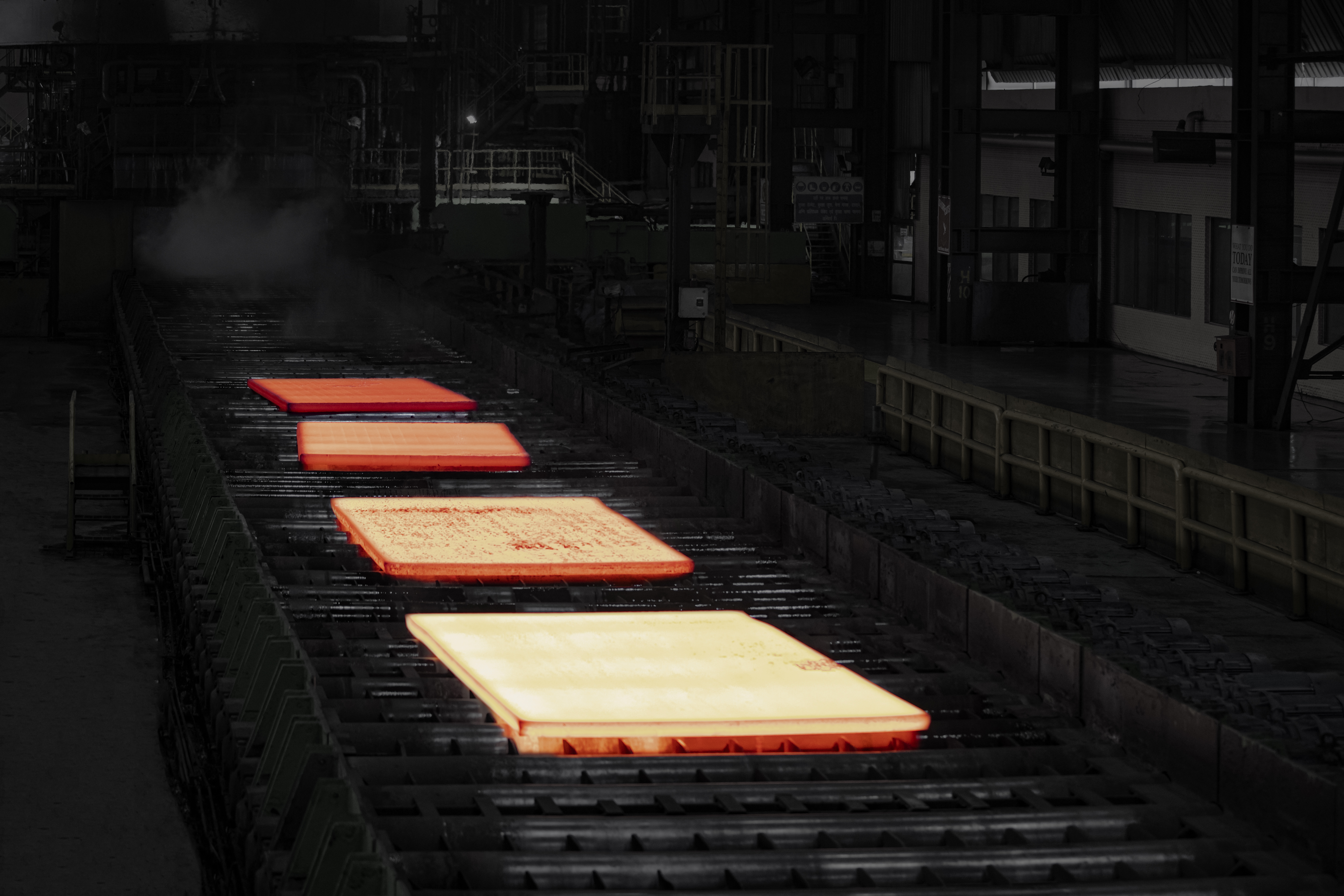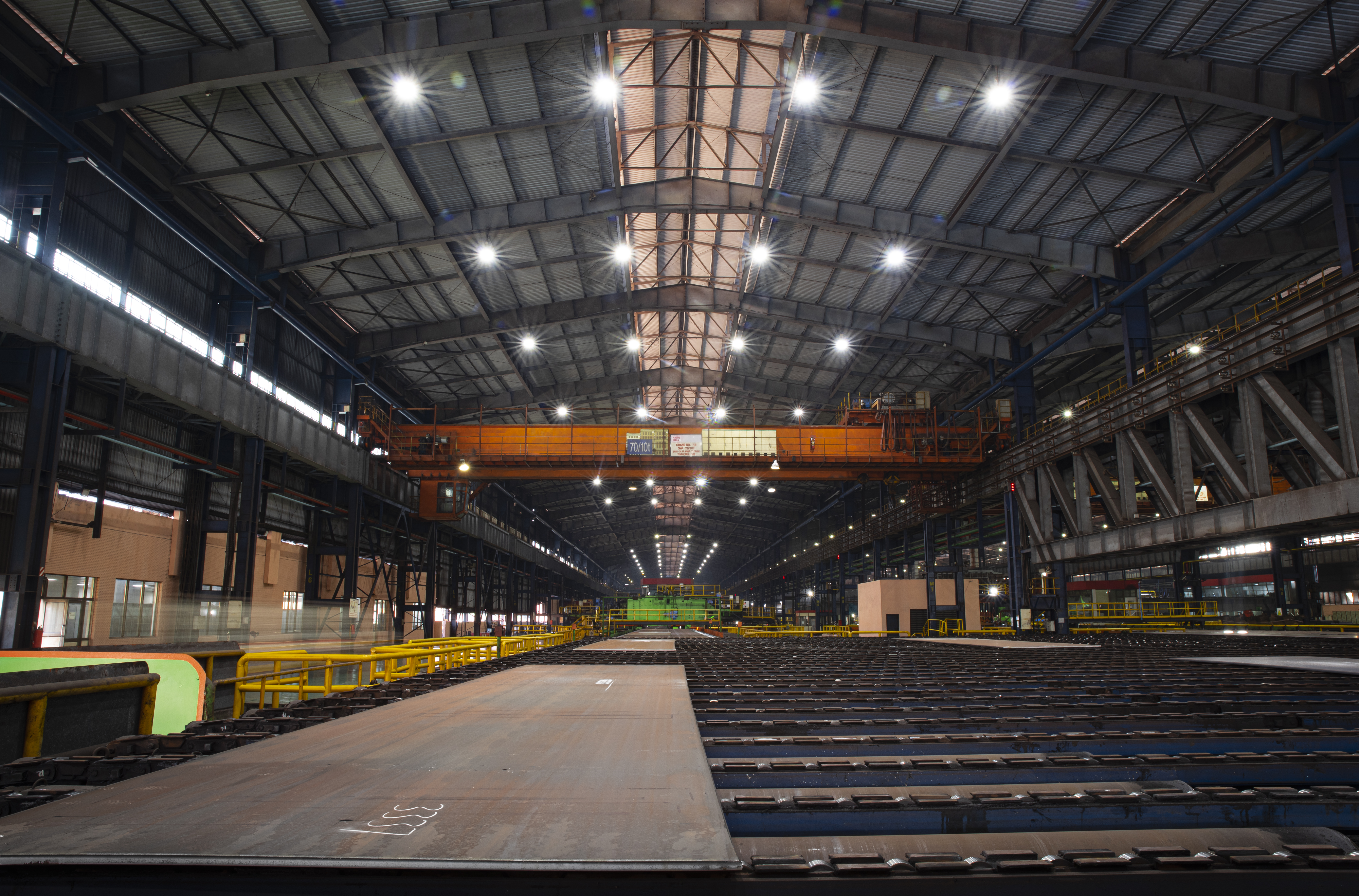

Key properties of heavy plates and their impact on different applications
In the field of construction, manufacturing, and infrastructure development, AM/NS India heavy plates play a pivotal role in shaping the structural integrity and performance of various applications. These robust steel plates are the backbone of many industries, providing unparalleled strength and durability. In this blog, we explore the key properties of heavy plates and examine their profound impact on diverse applications.
Understanding Heavy Plates:
Heavy plates, commonly referred to as steel plates, are substantial steel sheets with a thickness exceeding 6mm. The manufacturer of steel designs them to exhibit exceptional strength, making them an ideal choice for applications requiring structural integrity and resilience. The manufacturer of steel plates employs advanced processes to ensure the uniformity and quality of these heavy plates, meeting the stringent demands of various industries.
Key Properties of Heavy Plates:
AM/NS India’s heavy plates are designed to specific tolerances and quality standards. Here are some of the features and properties that they bring to the table.
High Tensile Strength:
Heavy plates are characterized by their exceptional tensile strength, which is the ability to withstand pulling or stretching forces without deformation or breakage. This property makes them indispensable in applications that require structural stability, such as shipbuilding, bridges, and heavy machinery manufacturing. The high tensile strength of heavy plates ensures that structures can endure immense pressure and stress, contributing to their longevity and reliability.
Impact Resistance:
The ability to absorb and withstand impact is a critical property of heavy plates. This feature is particularly crucial in applications like armoured vehicles, construction equipment, and industrial machinery. Heavy plates' impact resistance ensures that structures and equipment can withstand sudden shocks or collisions, thereby enhancing safety and minimising the risk of catastrophic failure.
Corrosion Resistance:
Manufacturers of steel plates often employ corrosion-resistant alloys and coatings to enhance the plates' longevity and maintain their structural integrity in harsh environments. Heavy plates with corrosion-resistant properties are essential for applications in marine environments, chemical processing plants, and offshore structures, where exposure to moisture, chemicals, and salt can compromise the material over time.
Weldability:
Weldability is a key property that influences the ease with which heavy plates can be welded together. This property is vital in construction and fabrication processes, allowing for the creation of large, complex structures. Heavy plates with excellent weldability enable efficient and reliable joining, ensuring the structural integrity of the assembled components.
Impact on Different Applications:
Construction Industry:
In the construction industry, heavy plates are extensively used for building structural frameworks, skyscrapers, and bridges. The high tensile strength of these plates ensures the stability and durability of the structures, while their weldability facilitates the seamless integration of various components.
Shipbuilding:
Heavy plates are the backbone of shipbuilding, where their exceptional tensile strength and corrosion resistance are paramount. Shipbuilders rely on these plates to construct the hulls, decks, and other critical components of vessels that must withstand the harsh conditions of the open sea.
Heavy Machinery Manufacturing:
Heavy plates find widespread use in the manufacturing of heavy machinery, such as earthmoving equipment, cranes, and mining machinery. The combination of high tensile strength and impact resistance ensures that these machines can operate efficiently in demanding environments, enduring the rigours of heavy-duty applications.
Energy Sector:
In the energy sector, heavy plates play a vital role in the construction of power plants, pipelines, and storage tanks. The corrosion resistance of these plates is crucial for maintaining the structural integrity of infrastructure exposed to corrosive substances, such as chemicals and oil.
Conclusion:
Heavy plates, with their distinctive properties, stand as the cornerstone of various industries, influencing the structural integrity, reliability, and safety of diverse applications. The meticulous manufacturing processes employed by steel plate manufacturers ensure that these plates meet the stringent demands of industry experts and developers. As heavy plates continue to evolve, their impact on construction, manufacturing, and infrastructure development remains profound, contributing to the strength and resilience of structures that shape our modern world.

Explore our latest Post


